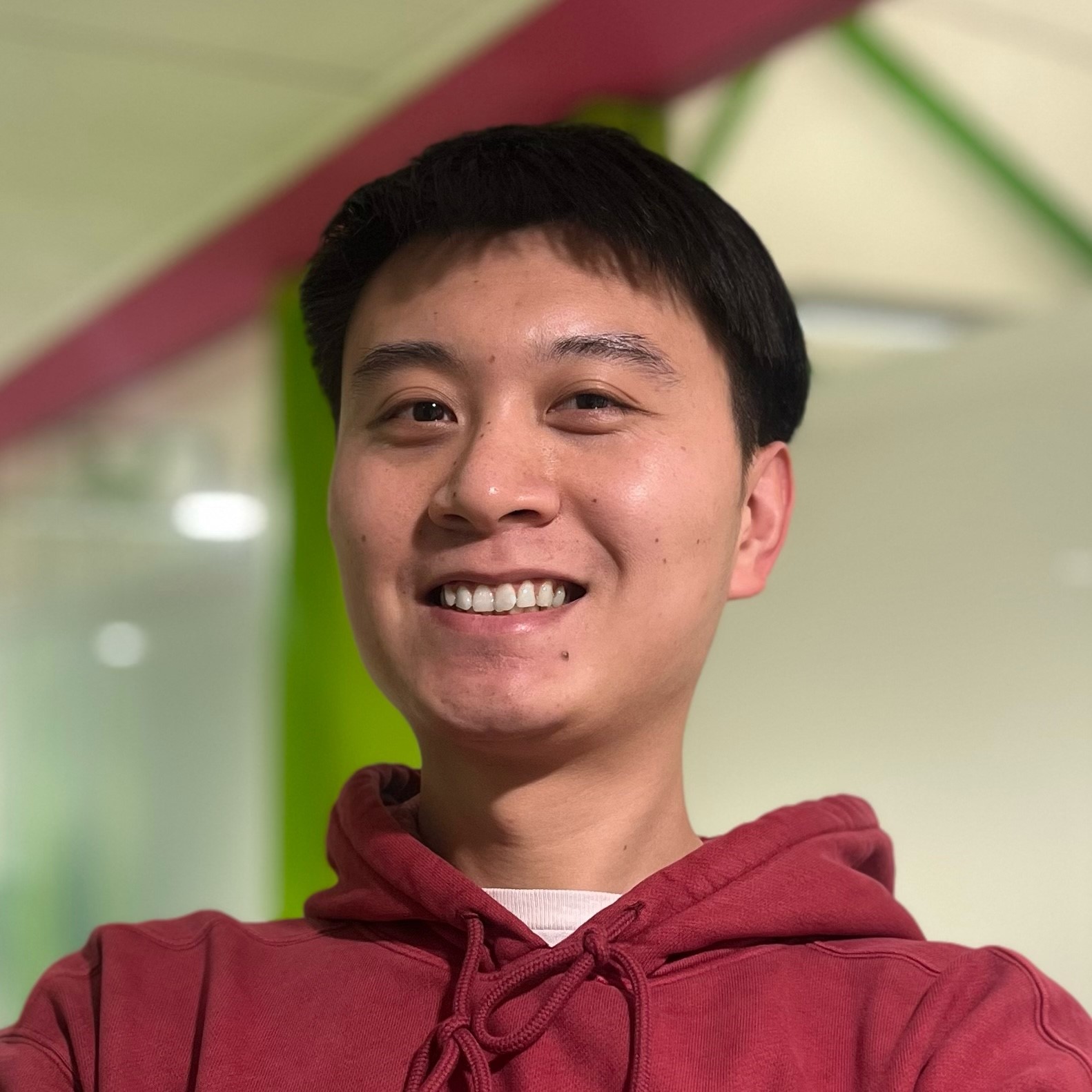
Postdoctoral Research Associate, Imperial College London
Chengcheng is a post-doctoral Research Associate at Imperial College London, where he is also a teaching assistant in Python programming, mathematical methods, and machine learning. His research interests are in the development of new methods for the accurate and efficient simulation of materials, as well as the use of these methods in simulating properties of materials.
During his research career, Chengcheng has gathered more than 8 years of experience in computational materials science, particularly in density functional theory and related methods. He has published more than fifteen papers in high-impact peer-reviewed journals and has an H-index of 10 (Google Scholar). Chengcheng also has a strong background in programming and have developed several popular codes and tools for materials modelling (200+ followers on GitHub, multiple popular code repositories with~100 Stars).
Chengcheng’s current research is focused on implementing Brillouin zone (BZ) sampling in ONETEP – a UK based density functional theory software that is able to simulate very large systems (tens of thousands of atoms) at a quantum mechanical level. This is achieved by using a real-space localized basis (called the Nonorthogonal Generalized Wannier Functions, or NGWFs), and achieves high accuracy by optimizing this basis in situ. The implementation of full BZ sampling will enhance the advantage of ONETEP for studying systems that are of significant interest to the communities of project partners CCP9, ISIS Neutron and Muon Source, Royce Institute and Diamond Light Source.
“The developments that I’m making will enable a significant broadening of the user base of the ONETEP code to researchers in domains where physics and chemistry at surfaces and interfaces are critical to properties and performance,” explains Chengcheng. “The Fellowship will enable me to attend conferences and workshops to disseminate my developments to the scientific community, helping to build and expand a stronger user/developer community around ONETEP and hopefully promote a long-term collaborative relationship between different scientific communities.”